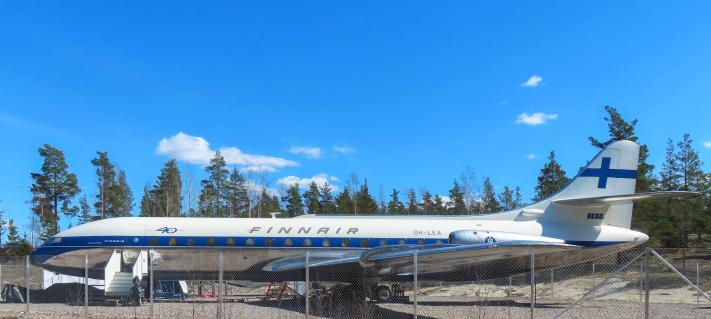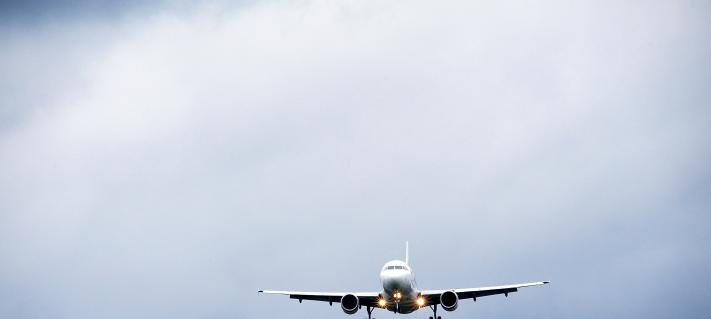In Europe, airlines can only sell and buy slots from each other in the United Kingdom. Every now and then, this so-called secondary market becomes the topic of public discussion. In particular, there has been much discussion about the high purchase prices of London’s Heathrow Airport.
Trading that occurs in the United Kingdom does not apply to the rest of Europe, as only the exchange of slots is allowed. Applying for and granting flight slots is highly regulated and circumspect work. These activities are based on EU-level legislation and the guidelines of the International Air Transport Association (IATA).
Helsinki Airport is the only slot-coordinated airport in Finland. Its slot coordination is carried out by an independent association, Airport Coordination Finland ry. The association is involved at all levels of coordination: in a Nordic, European and global cooperation organisation.
A flight slot is a right granted by the airport and the local slot coordination organisation to take off or land at a specific time. The coordination of timetables is important in order to ensure accurate air traffic and to allocate the necessary resources. If the take-off and landing of flights were not coordinated, major international airports and, by extension, all air traffic would fall into chaos.
According to EU law in normal times, an airline must use at least 80% of the slots it has booked. In this way, the airline ensures that the slots are available to it in the next period as well. If an airline does not use the allocated slot, it will be returned to the slot coordinator of each country and distributed according to detailed rules defined by IATA and the EU.
During the COVID-19 pandemic, the EU has granted derogations for the use of slots. Due to the COVID-19 pandemic in the winter of 2021–2022, the EU has decided to lower the limit for the use of slots from 80% to 50%. By summer 2022, the limit will rise to 64%.
The slots to be granted are formed on the basis of runway, terminal and aircraft parking capacity. The maximum capacity of Helsinki Airport is 80 operations per hour, and about a third of the number of daily slots have been reserved by airlines.
Therefore, there are a lot of slots at Helsinki Airport and there is no need to fly empty flights to or from Helsinki as so-called ghost flights. However, there is a shortage of slots at some European airports, so instead of cancelling a flight during the COVID-19 pandemic, the airlines are flying popular routes. There are usually some passengers and freight on board anyway.
In addition to runway, terminal and parking capacity, an airport’s environmental and noise regulations may limit the number of slots to be distributed. For example, Helsinki Airport is only allocated a few night-time slots.
Slot coordination is a global system. The extent to which the flight slots of airports are coordinated varies from continent to continent. Europe's main airports are heavily coordinated, whereas there are many uncoordinated airports in the United States. For this reason, the slot practices on different continents are not always directly comparable with each other.
Airport Coordination Finland finances its operations with a slot payment of EUR 1.37 per rotation. Rotation refers to one take-off and one landing.
Learn more about slot coordination at Helsinki Airport and the Nordic countries.
This article was written by leading flight slot experts in Finland.
Petri Vuori, Senior Vice President in charge of Route Development, is a member of Finavia's Executive Group and responsible for Finavia's airline customer relationships and establishing new customer relationships. He is also the Chairman of the Board of Airport Coordination Finland ry.
Slot Coordinator Katriina Ahlroth from Airport Coordination Finland ry is responsible for granting and coordinating flight slots at Helsinki Airport. She has long experience in aviation.



